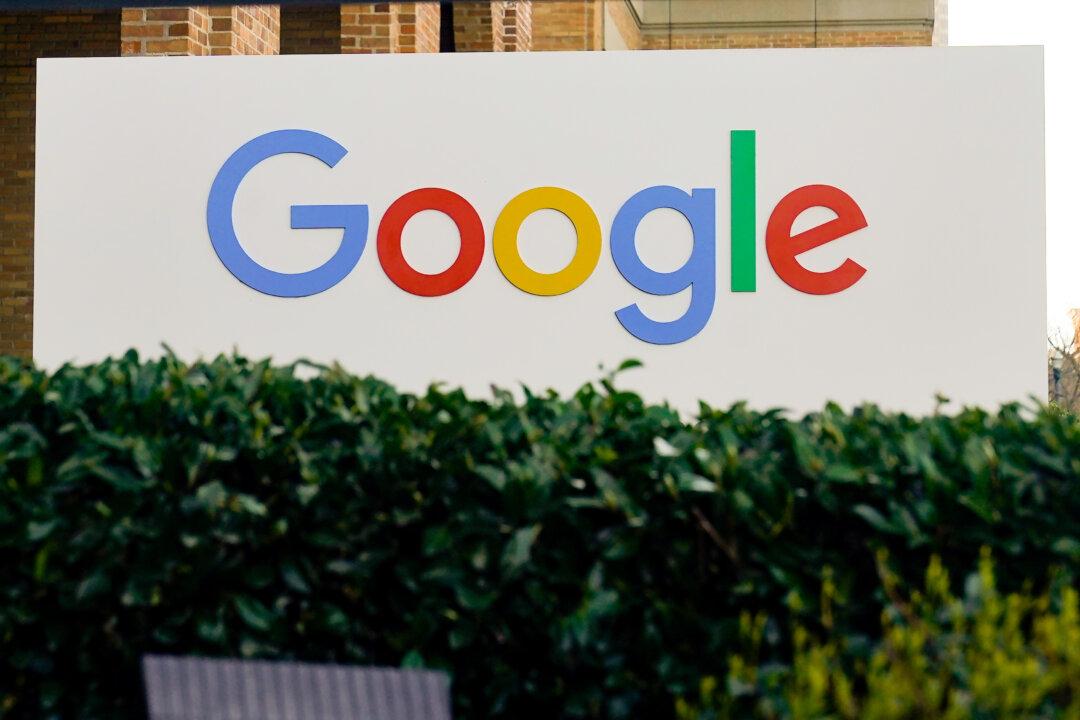The U.S. Supreme Court declined to hear an appeal by music website Genius Media Group after a lower court threw out its lawsuit against Alphabet, the parent company of Google, for stealing millions of song transcripts.
On June 26, Supreme Court left in place a ruling that dismissed the suit by Genius, which accused Google of a breach of contract by posting song lyrics in its search engine results without a license.





